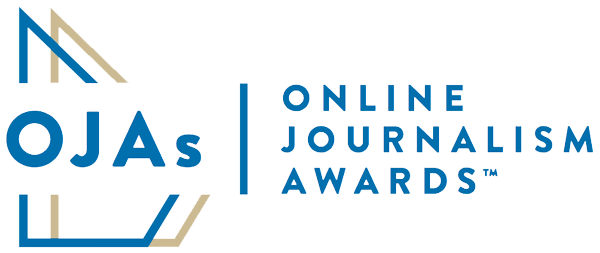Organization
GBH News
Award
Excellence in Social Justice Reporting, Portfolio
Program
2023
Entry Links
Link 1
Labor trafficking victims are all around us, hidden in plain sight, working in construction, hotels, restaurants, and private homes.
That’s what anti-trafficking advocates told us. But too often these stories go unheard and their abusers unpunished.
So, we at the GBH News Center for Investigative Reporting set out to tell survivors’ stories and understand why this type of modern-day slavery often falls under the radar.
Our reporters, Jenifer McKim, Sarah Betancourt and Philip Martin, spoke to advocates and lawyers who introduced us to their clients. We met survivors, often immigrants, afraid to speak out for fear of being deported or abused. When we couldn’t speak their languages, we hired interpreters. We offered anonymity to those who were afraid their words could put them in danger.
We dug into court records, filed dozens of public records requests and conducted nearly 100 interviews. We worked with a group of student journalists at Boston University and members of the International Consortium of Investigative Journalists to expand our reporting might. The result is an ongoing eye-opening multi-media series called Trafficking Inc.
Our first radio and web stories aired in October, focusing on domestic workers who labor as many as 100 hours a week in the Boston area for meager pay, often prohibited from leaving their traffickers’ homes. We showed how too often these cases get scuttled because victims are afraid of speaking out and law enforcement see the exploitation as a wage dispute rather than a crime of forced labor. We revealed that state lawmakers passed a human trafficking law in 2011 to help victims and prosecute perpetrators, but there hasn’t yet been a single forced labor conviction.
Our second set of stories, released later that month, looked at the flawed federal immigration system that set up a process for trafficking victims to get help but has abandoned many of the most vulnerable. In January, we published a series of stories on the special dangers faced by people in the state’s restaurant industry. And in February, we released stories on how the lack of housing puts vulnerable immigrants at particular risk of labor exploitation.
We bolstered our work with breaking news stories, local interviews, and a national NPR radio piece. And on our website, we included translations of the four main stories into Spanish, as well as trafficking stories produced by our partners from the International Consortium of Investigative Journalists.
The team’s investigative reporting has a deep focus on shedding light on the human stories that lie behind the issue of human trafficking, specifically within the construction and hospitality industries. While there is a risk of the story feeling exploitative and voyeuristic, the team managed to establish trust with their sources and effectively bring a human element to the narrative, emphasizing the individuals affected by this issue.
The Online Journalism Awards™ (OJAs), launched in May 2000, are the only comprehensive set of journalism prizes honoring excellence in digital journalism around the world.
